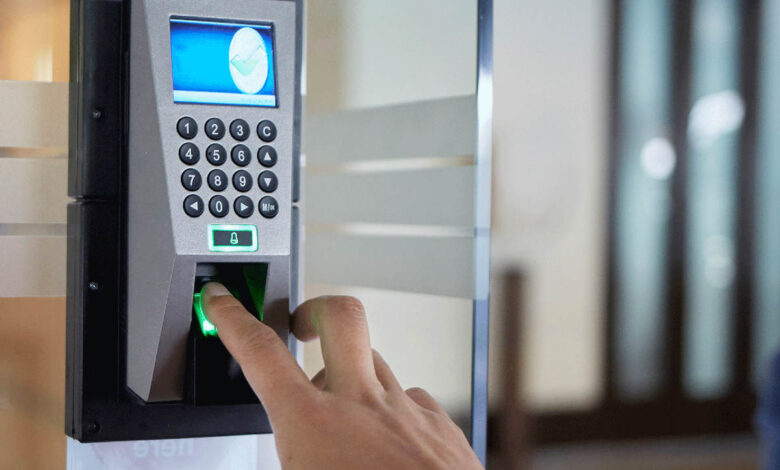Explore Different Types of Intercom Systems for Efficient Communication and Access Control

Intercom systems have been a popular method of communication and access control in various settings, including apartments, offices, and schools. They are efficient, easy to use and provide a convenient means of communication between individuals in different locations. Intercom systems come in various types, each with its unique features and capabilities. In this article, we will explore the different types of intercom systems.
Wired Intercom Systems:
Wired intercom systems are the most traditional type of intercom system. They use wires to connect the intercom stations within the building. Wired intercom systems are reliable and have a clear and stable communication signal. However, the installation of these systems can be time-consuming and costly, as it requires the installation of wires throughout the building. Any future additions or changes to the intercom system will require additional wiring.
Wireless Intercom Systems:
Wireless intercom systems use radio frequencies to transmit communication signals between the intercom stations. They are convenient and easy to install since they don’t require any wiring. Wireless intercom systems are also more flexible, allowing for easy movement of the intercom stations around the building. However, wireless intercom systems are susceptible to interference from other wireless devices and can experience signal degradation over distance.
Video Intercom Systems:
Video intercom systems are designed to provide both visual and audio communication. They allow for video communication between intercom stations, making them ideal for security purposes. Video intercom systems can be wired or wireless and offer a higher level of security than audio-only systems. They enable users to see who is at the door before granting access, which is especially helpful for buildings with a high level of security or for people with visual impairments.
IP Intercom Systems:
IP intercom systems use the internet to transmit communication signals between intercom stations. They are highly flexible and can be integrated with other building management systems, such as access control and security systems. IP intercom systems are suitable for buildings with multiple locations or for facilities with a large number of intercom stations. They allow for easy management and control of the intercom system, and they can be accessed remotely, making them convenient for property managers.
GSM Intercom Systems:
GSM intercom systems use mobile phone networks to transmit communication signals between intercom stations. They are ideal for buildings in areas with poor internet connectivity or buildings without a wired or wireless network. GSM intercom systems are easy to install and can be integrated with other building management systems. They also provide the added advantage of being accessed remotely, enabling property managers to manage and control the intercom system from anywhere.
Hybrid Intercom Systems:
Hybrid intercom systems combine different types of intercom systems to provide a more versatile and flexible solution. They can integrate wired and wireless intercom stations, video and audio communication, and access control and security systems. Hybrid intercom systems are highly customizable and can be tailored to meet the specific needs of a building. They provide a high level of security, are easy to manage, and can be accessed remotely.
Conclusion
In conclusion, intercom systems have evolved over the years to provide more convenient and efficient communication and access control solutions. The type of intercom system that a building chooses will depend on various factors such as budget, security requirements, and building layout. It is essential to choose a system that is easy to use, reliable, and can be easily managed and controlled. A good intercom system should also be scalable, allowing it to grow and adapt as the building’s needs change over time. Ultimately, the investment in a quality intercom system will provide peace of mind for both residents and property managers.



